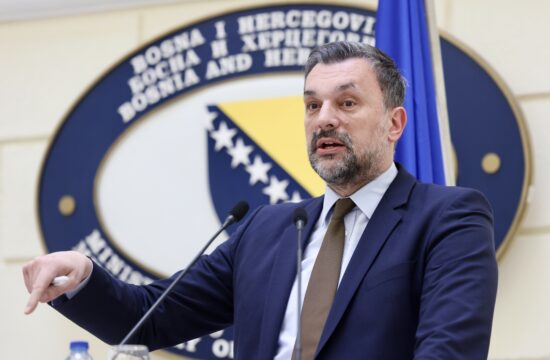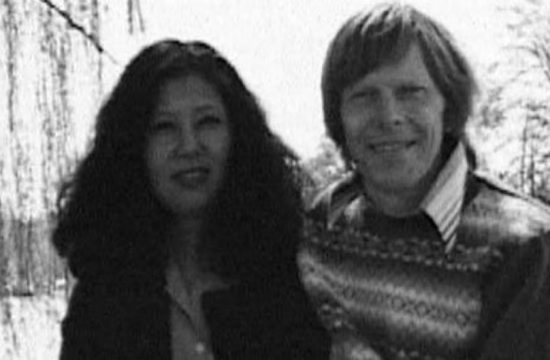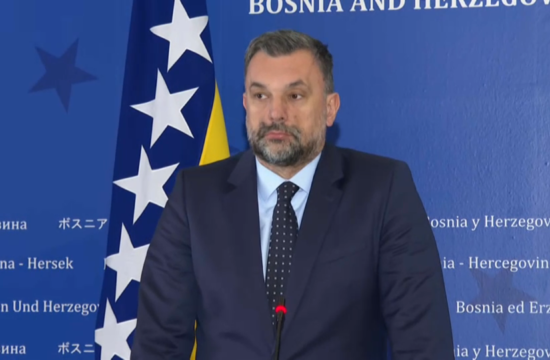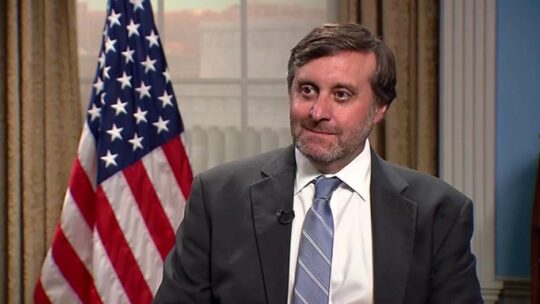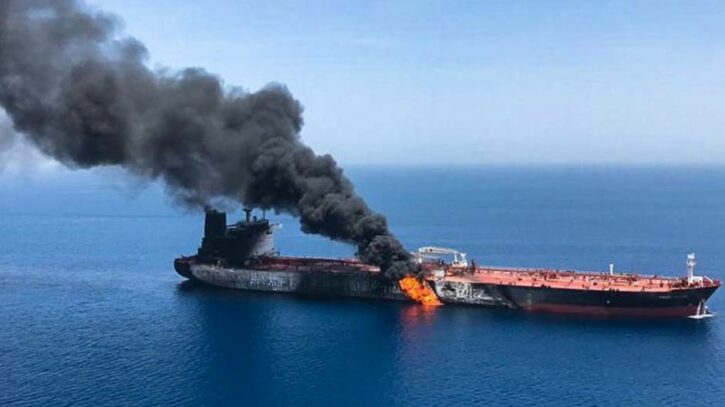
The US will send 1,000 additional US forces and more military resources to the Middle East amid tensions with Iran, the Pentagon announced on Monday.
“In response to a request from the US Central Command for additional forces, and with the advice of the Chairman of the Joint Chiefs of Staff and in consultation with the White House, I have authorized approximately 1,000 additional troops for defensive purposes to address air, naval, and ground-based threats in the Middle East,” acting Defense Secretary Patrick Shanahan said in a statement.
“The recent Iranian attacks validate the reliable, credible intelligence we have received on hostile behaviour by Iranian forces and their proxy groups that threaten United States personnel and interests across the region,” Shanahan said, adding that the “United States does not seek conflict with Iran.”
Shortly before the announcement, the Pentagon released a detailed set of photos that it said showed Iranian boats removing mine from one of two tankers attacked in the Gulf of Oman on June 13. The US attributes the attack to Iran. Tehran has vigorously denied the charge.
One US official says the deployment will include intelligence, surveillance and reconnaissance aircraft and missile defence for force protection.
News of the additional troop deployment comes as the State Department announced on Monday that Secretary of State Mike Pompeo will travel on Tuesday to the command centre that oversees the Middle East military operations.
The State Department announced Pompeo's trip to US Central Command in Florida after a senior Iranian official told CNN that the US and Iran are headed toward “a confrontation which is very serious for everybody in the region.” Separately, Iran announced on Monday that it will break uranium stockpile limits set by the international nuclear pact the Trump administration pulled the US out of in May 2018.
House Speaker Nancy Pelosi acknowledged the tensions with Iran in a statement late on Monday but urged the administration to brief Congress on the “deeply concerning decision.”
‘Maximum restraint’
European and international officials are calling for “maximum restraint.”
As tensions intensify, European Union foreign policy chief Federica Mogherini announced on Monday that she would travel to Washington for meetings on Tuesday. As she called for calm, she cited Secretary-General of the United Nations António Guterres, who said recently that the world cannot afford another crisis in the Middle East.
Apart from the United Kingdom, European governments have not echoed the US claim that Iran was behind the attack on the two tankers.
Iran continues to deny US allegations
Iran's ambassador to the UK, Hamid Baeidinejad, denied allegations that Tehran is behind the tanker attack in an exclusive interview with CNN's Christiane Amanpour.
Baeidinejad cautioned the White House would be “very sorry” to underestimate Iran should a military conflict ensue. When asked who else could be responsible for the tanker attack, Baeidinejad pointed to other countries in the region “who have invested heavily, billions and billions of dollars, to draft the United States into a military conflict with Iran.”
Saudi Arabia, Iran's regional arch-enemy, has backed and encouraged US steps to confront Iran.
As the US maximum pressure campaign against Iran has intensified, the country's officials have complained that while they have adhered to the nuclear pact, US sanctions mean they have gained none of the promised benefits.
After targeting Iran's oil sector in April, the Trump administration revoked sanctions waivers in May that allowed Iran to comply with nonproliferation elements of the nuclear deal. The waivers had allowed Iran to ship away enriched uranium, keeping it below levels mandated by the deal.
After Pompeo's Sunday remarks about the possible use of military force, Behrouz Kamalvandi, a spokesman for the Iranian atomic agency, said during a Monday news conference that Iran will now accelerate uranium enrichment to 3.7 percent, above the 3.67 percent mandated by the nuclear deal.
US allies expressing frustration
Privately, Europeans express frustration with the US approach to Iran, encapsulated by a Pompeo speech laying out 12 ways Iran must change, which many have described as regime change in all but name. “We don't think all of the escalation was necessary,” the European diplomat said.
“Trump wants a better deal, but it's hard for the EU to understand how you're going to get there. We did have a system a few years ago where all the major powers came together to pressure Iran to get the deal we reached,” the diplomat said. “That was an enormous effort.”
The deal was constructed around “the old stick and carrot idea,” the diplomat said. “Now it's just sticks. Where's the carrot? Why should Iran now talk and with what outcome? What's the idea? There don't seem to be any alternatives here. There's no great, grand strategy and that makes it very hard to deal with it.”

